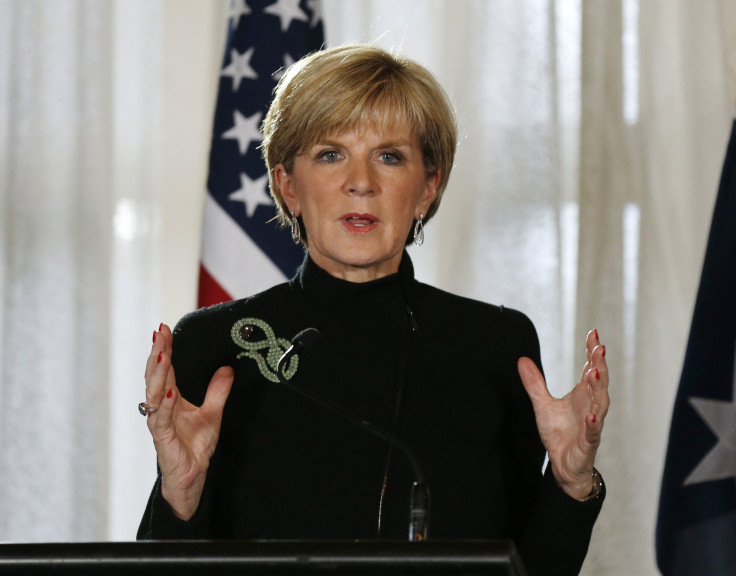Australian ISIS Recruiter Neil Prakash Added To UN List Of Counterterrorism Sanctions

Australians who try to provide material support to Neil Prakash, a 23-year-old Melbourne man, and currently a high-profile recruiter for the Islamic State group in Syria, would face up to 10 years of imprisonment under financial sanctions imposed on Prakash by the Australian government on Thursday.
Prakash, who is also known by his jihadist name “Abu Khaled al-Cambodi,” is accused of inviting women to join ISIS and urging young Australian Muslims to launch lone wolf attacks at home, the Associated Press (AP) reported. He is the third ISIS fighter from the country to be included in the United Nations sanctions list -- making it a crime to deal with his assets or provide him support -- after Khaled Sharrouf and Mohamed Elomar.
“Today I have listed Neil Prakash, an Australian citizen formerly of Melbourne and currently believed to be in Syria, for targeted financial sanctions under Part 4 of the Charter of the United Nations Act 1945,” Australian Foreign Minister Julie Bishop said in a statement Thursday. “The listing makes it a serious criminal offence, punishable by up to 10 years in prison and substantial fines, to use or deal with the assets of Prakash, or to provide material support of any kind to Prakash, directly or indirectly.”
Third IS fighter faces assets freeze http://t.co/BYNyN5DAX5
— Social In Irvine (@SocialInIrvine) June 4, 2015The U.N. sanctions list, which now includes 93 Australian citizens, is aimed at blocking funds and support for terrorists, who can use the money to buy weapons or help new recruits reach Syria or Iraq, the Sydney Morning Herald reported.
Last month, Prakash reportedly used his Twitter account to contact a radical Melbourne-based sheikh, who has a large following among young Muslim men in the city.
“Prakash has sought to commission violent terrorist acts, including in Australia. He has exploited social media to spread violent extremism and to recruit others including young women and girls to travel to Syria and Iraq to join Daesh,” Bishop said.
According to the Australian government, more than 100 Australians are suspected to have joined ISIS and other terrorist groups in Syria and Iraq, and about half of them have dual citizenships. The government is expected to soon introduce a legislation that would allow dual citizens suspected of terrorism to be stripped off their Australian citizenship even if they are not convicted of a crime, the AP reported.
© Copyright IBTimes 2024. All rights reserved.






















